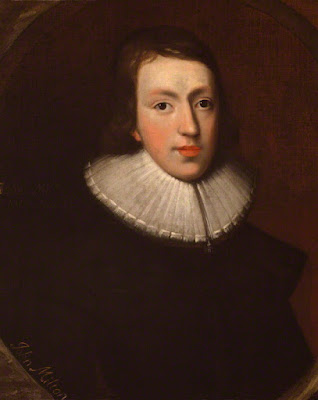“Fellow Australians, it is my melancholy duty to inform you officially, that in consequence of a persistence by Germany in her invasion of Poland, Great Britain has declared war upon her and that, as a result, Australia is also at war. No harder task can fall to the lot of a democratic leader than to make such an announcement.”
Where does the name of this documentary come from?
Australians and
New Zealanders have long celebrated a public holiday known as
“Anzac Day.” Held on the 25th of April (an anniversary associated with their
Gallipoli landings), it honors the contributions of their armed forces.
“ANZAC” is an acronym standing for the “
Australian and
New
Zealand
Army
Corps.” This corps was only active from 1914-1916 (an early portion of
World War One), and then again in 1941 (a single year in
World War Two). Nonetheless, the term
“ANZAC” is now used to refer to virtually anyone who has served in the armed forces of either country,
regardless of the literal meaning of what the acronym actually stands for. This may explain why the title of this documentary does not literally fit the acronym’s meaning. There are a number of ways in which this documentary departs from the literal meaning of
“ANZAC,” since this covers Australian involvement in the
entirety of
World War II. That is to say, it goes from 1939 to 1945. There is brief mention of the contributions of
New Zealanders (the other
“ANZAC” nationality), but this documentary definitely focuses on
Australia. It also covers their Navy and Air Force, and not just the “Army Corps” to which this acronym refers.

Australian light machine gun team in action during Aitape–Wewak campaign, 1945






